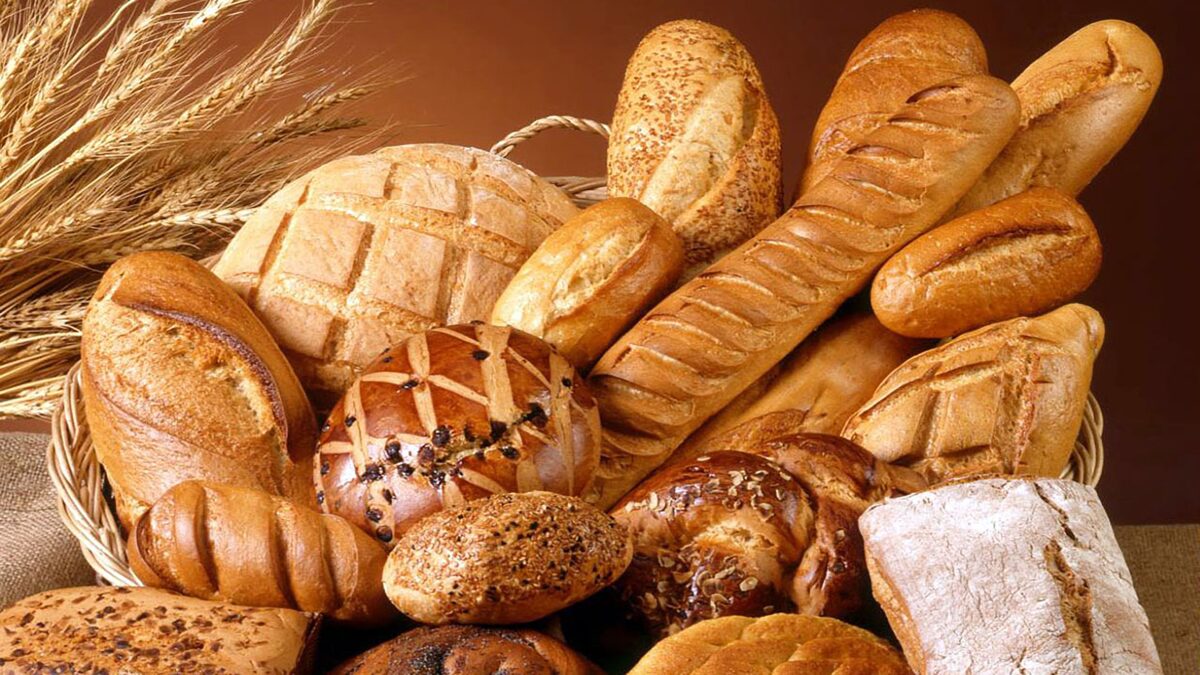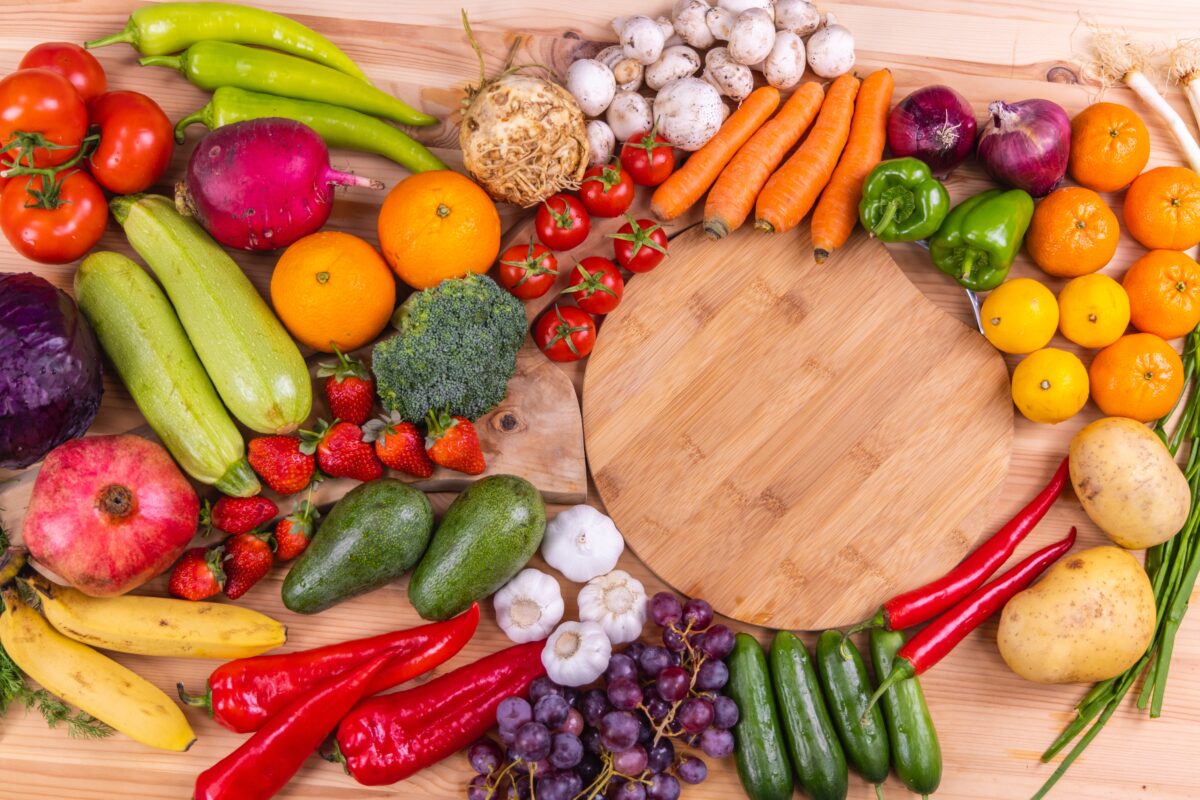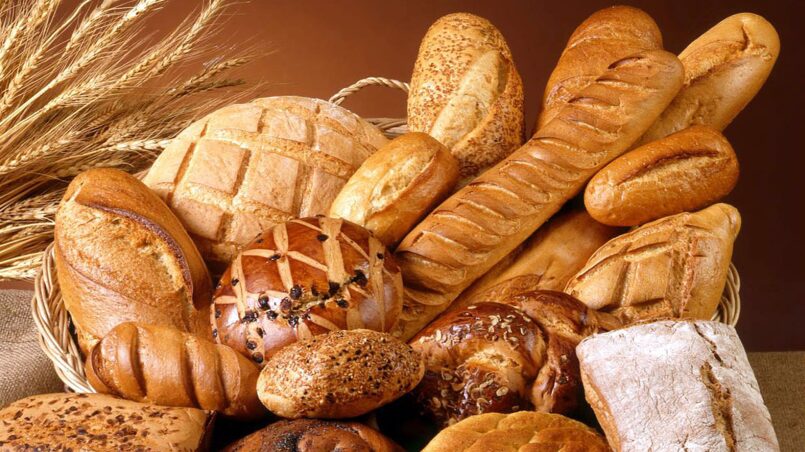Disclaimer about gluten:
I am not a medical professional.
Talk to your doctor to find the diet that best suits you.
This article is admittedly satirical.
I’ve been dying to write about gluten for a long time, but I can’t do it without some humor.
Don’t worry. I did my research too.
Introduction:

I believe that gluten is bad for everyone, not just the 1% of people with Celiac Disease.
I go a bit nuts when it comes to health, but I have to because my gut health is essential to me, as you can see from my previous articles. It’s vital to the function of every human, but you may only notice it if you’ve experienced stomach problems.
You may not know that I used to eat a lot of gluten. If I went to a restaurant, I could eat the whole bread basket by myself and then have a pizza and not even think about it. Unhealthy alert!
I also remember drinking a Corona Extra on the beach and going for a swim in the warm sea while on summer vacation. If that’s not heaven, I don’t know what is.
But now I wouldn’t go near it.
My doctor told me gluten could affect my thyroid, which is my reason for not touching it.
The thyroid is a gland at the front of your neck that helps regulate your metabolism. It’s also an essential part of the endocrine system.
Ironically, when the doctor told me to stop eating gluten at an older age, I thought of a promptly due apology to one of my Hebrew school classmates. Sorry for making fun of your gluten-free snacks at bagel break.
What is gluten?

If you frequent ‘health markets’ like Whole Foods, you’ve probably seen many gluten-free items on the shelves. But you may wonder what gluten is and if it’s actually bad for you.
Gluten is a protein found in wheat, rye, and barley. It is featured commonly in bread, pasta, baked goods, cereal, sauces like teriyaki, and even salad dressing. Gluten is also quite common in many processed foods because it helps food maintain its shape, like glue, which is why it’s called gluten.
The inclusion of gluten is why many breads and pasta taste so fluffy and good, so it’s an evil kind of protein.
Getting more detailed, there are two main proteins in gluten, glutenin and gliadin, with the latter being the cause of most of gluten’s adverse effects.
If you have the autoimmune Celiac Disease, gluten is bad for you because your digestive system recognizes gluten as a threat and attacks it, causing damage to your gut wall.
If you eat gluten when you have Celiac Disease, you can experience headaches, diarrhea, depression, bloating, and more terrible stuff. It can also lead to other health problems.
While I don’t have Celiac Disease, I have a non-Celiac gluten sensitivity, which is much more common. Scientists believe that .5- 13% of people have an intolerance. I feel that 13% is accurate, maybe even low.
The American diet is filled with processed foods, causing a significant deterioration in the population’s health and leading to spikes in obesity.
There are a lot of other factors; again, I’m not a professional. However, you don’t have to be an expert to understand that if you fill unhealthy food in your markets and make it part of the fabric of your culture, chances are people will be unhealthier.
It’s a shame that healthy, natural foods have become the more expensive option. Additionally, there is a significant food desert problem, even in large cities such as Los Angeles. That’s a topic for another time.
Why are gluten-free diets spiking in popularity?

We’ve seen a spike in the gluten-free diet because there’s been so much manipulation of food that modern stomachs and digestive systems haven’t had a chance to catch up. Unfortunately, humans don’t adapt as fast as the beaks of Galápagos finches.
While I don’t have long-range evidence of this, I remember trying Berber bread in the Atlas Mountains of Morocco and not having any stomach problems. (I wouldn’t do it again, but the bread was quite good. It reminded me of the bread my grandmother used to make).
How to know if you have a gluten intolerance?

If you want to get scientific about it, I recommend not having gluten for at least two weeks, then reintroducing it into your diet to see how you feel. If you have an adverse reaction, you have a gluten intolerance.
You can repeat this experiment a couple of times. Then, maybe if you do it enough, you’ll realize, as I have, that not eating gluten, regardless of your status, is best.
Or not.
According to the geniuses at Harvard Medical School, there is no scientific evidence that you should stop eating gluten if it’s not negatively affecting your health.
I would argue that even if you don’t have an intolerance, cutting back on gluten can improve your health because it is featured in mostly carb-loaded foods like pastries and bread. Cutting back on your simple carb intake is probably a good thing. Think about the nutritional value of Wonder Bread. There is none; the simple carb structure can destabilize your blood sugar.
Disclaimer about gluten-free alternatives
There are plenty of unhealthy gluten-free options out there. Gluten-free bread can lack fiber, and essential vitamins and nutrients, leading to weight gain. Given my earlier rant, I would be remiss to mention that many gluten-free foods are also engineered by food scientists, making them unnatural.
What should you do?

If you made it this far, thank you, it means you value my option enough to sift through my attempt at a humorous article about gluten.
I would recommend going gluten-free for a couple of weeks and seeing how you feel. Replace the gluten-rich foods with gluten-free alternatives and all natural fruits and vegetables.
Consult your doctor to see if the gluten-free lifestyle is right for you.
I wish you all the best for your health.
Ariel


